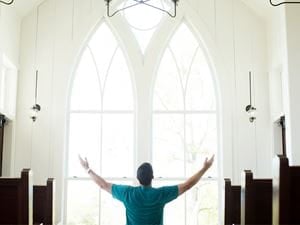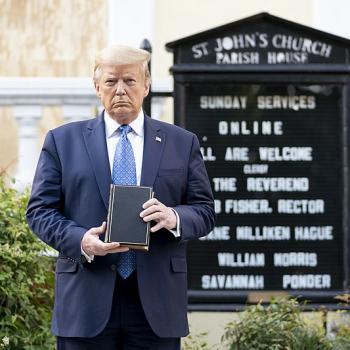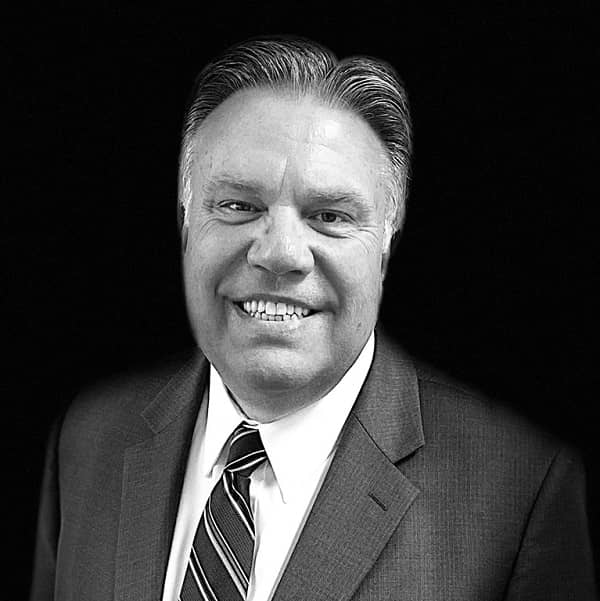
Stephen R. Covey, who wrote The 7 Habits of Highly Effective People, lived these habits. Having encountered Dr. Covey on both public and private occasions, I found that whether he was speaking before groups of thousands or interacting in his home with his family, he was the same individual. Whether he was consulting with presidents and world leaders or talking one-on-one with young college students, he was the same consultant.
When I asked Dr. Covey which of his books he considered his best, he replied, “Any author’s best book is his own life.” He explained that professing Christian principles is easy, but living them is harder and less convenient. He found aligning his behaviors and beliefs easier when he lived with a sense of urgency, mission, and integrity—seven days a week.
A Sense of Urgency
I heard Stephen R. Covey addressing a group of ambitious university business students. “How many want to be rich?” he asked; almost every hand shot up.
“Why?” asked Dr. Covey.
Answers varied, and most were altruistic. One student wanted to care for the poor, another to donate to schools, another to support humanitarian efforts of his church.
Dr. Covey listened and complimented the students on their goals and desires. Then he stated simply, “If these are truly your desires, you will find a way to accomplish them now rather than later. If you wait until you are rich enough to do some good in the world, you will probably never do it.” Dr. Covey certainly didn’t wait.
I admire Stephen R. Covey because of his sense of urgency in addition to the resulting philanthropy. He felt—and responded to—the need to help others long before he had achieved professional and economic success. He was building others long before a building was named after him.
Satan has convinced many that there is no God and/or that there is no truth. But equally dangerous is his lie that there is no hurry to draw near to God and live according to His truth.
A Sense of Mission
My family moved back to the United States from Africa when I was eight. As my father returned to university work, my mother taught second grade. My brothers and I were often drafted to help set up her classroom. When the other teachers at the school learned I could create a nice bulletin board, I was further drafted. I may have been the only kid in the world with a file of bulletin board ideas! Even then I seemed headed toward a career in education.
When I declared elementary education as my university major, some of my high school buddies reminded me I could make more money in a different field, but I explained that I liked working with kids, and to me making money was less important than making a difference. That strong sense of mission has continued to move me forward.
As I began my career by teaching sixth grade, I quickly learned that my friends were right about the low pay. I also discovered that working with kids had some downs along with the ups. But I persevered because I knew I was making a difference. That sense of mission kept me going despite such realities.
Now middle aged, I am still teaching—kids and young adults. Some of the friends who thought my career choice was strange are now having midlife crises, no longer content with big houses and fast cars, and are scrambling to change careers because they feel their lives lack significance. I haven’t had a midlife crisis. I don’t have time for one! I’m too busy trying to make a difference, with a sense of mission that provides a deep and fulfilling abundance of significance.
Making a difference isn’t limited to school teachers. Regardless of our education and career choices, we can all choose to live with a sense of mission by choosing to live by our Christian values seven days a week, even though this may not always be easy. “Let your light so shine before men, that they may see your good works, and glorify your Father which is in heaven” (Matthew 5:16).
A Sense of Integrity
We have no peace when living double standards: one way on Sunday and another on the other six days; one way in public and another in private; one way under supervision and another on our own. The word peace comes from the Latin word pax, meaning agreement. Warring countries move toward peace when they agree to stop fighting. We enjoy peace when our actions stop fighting with our values.
When people are filmed by a hidden camera, they sometimes do surprising things if they think no one is watching—some shocking or downright sad. Always revealing. I love the shots of children who were filmed during an experiment on delayed gratification). Each was placed alone in a room behind a table containing a single marshmallow. Children who could wait for 15 minutes before eating the marshmallow were promised another one.
Though the children thought no one was watching, a hidden camera recorded everything. Some children immediately stuffed the marshmallow in their mouths. Others waited only a few minutes. Some tried to eat just a little bit off the bottom and then turned the marshmallow over so no one would know. A few patiently waited and received the promised reward. Smiling at clips of children’s responses, I wondered what I would have done.
How would our actions be affected by finding a hidden camera recording them? Would this revealing eye affect how we drive or how we respond when others cut us off in traffic? Would it affect what we choose to watch, read, or listen to for entertainment? Would it affect which images we view on the internet? Would a hidden microphone affect the tone of our conversations with others or the things we say about others who are not present? If the contents of our emails, texts, or Instagrams were made available to everyone, would we change what we have written or displayed?
Integrity fears no hidden cameras. The most significant actions are those seen by the fewest people. We feel peace when we know that the size of our audience makes no difference to the quality of our performance. The everyday Christian acts seen only by Christ are usually the ones that make us most like Him.
Aligning our behaviors with our beliefs can be challenging. Some days are better than others. Sometimes I’m successful, and sometimes I stumble and fail, but I continue to try. Living with a sense of urgency, mission, and integrity—not just on Sunday but seven days a week—helps me in my efforts to allow the Savior to make me more like Him.
Adapted from Wilcox, Bradley R., The 7-day Christian. Ensign Peak, 2014.
12/5/2022 7:57:41 PM





